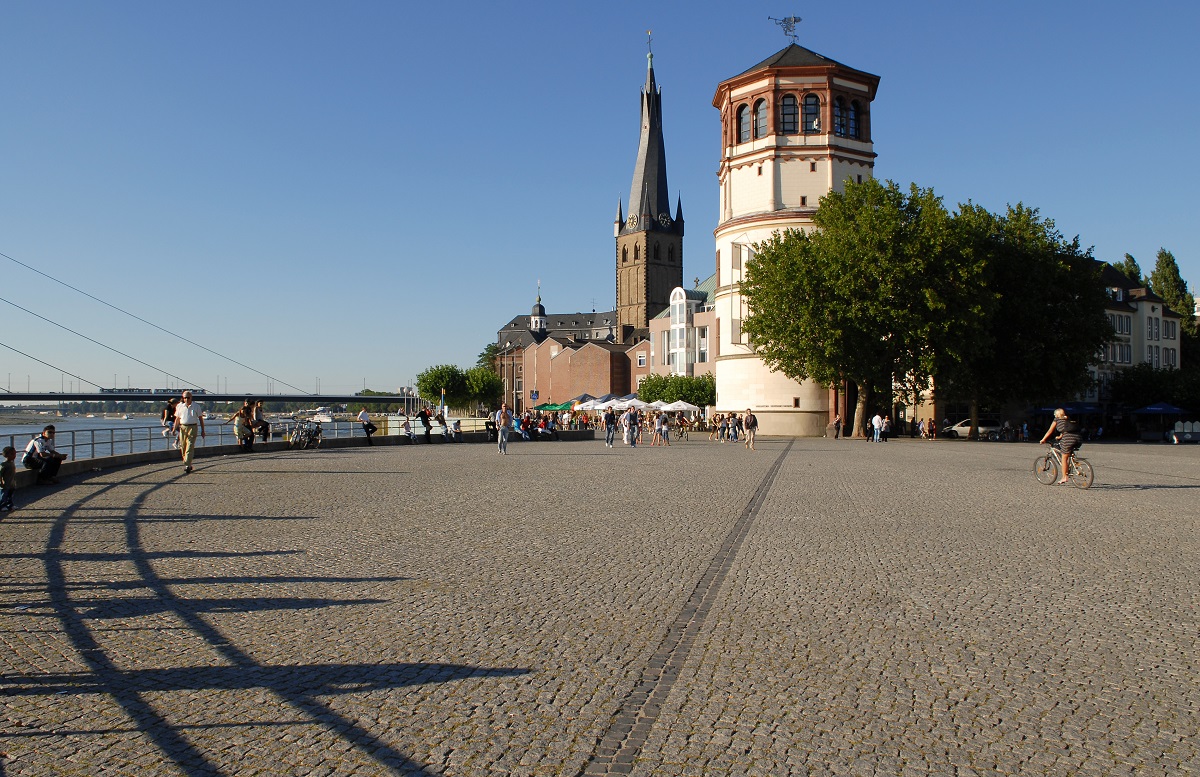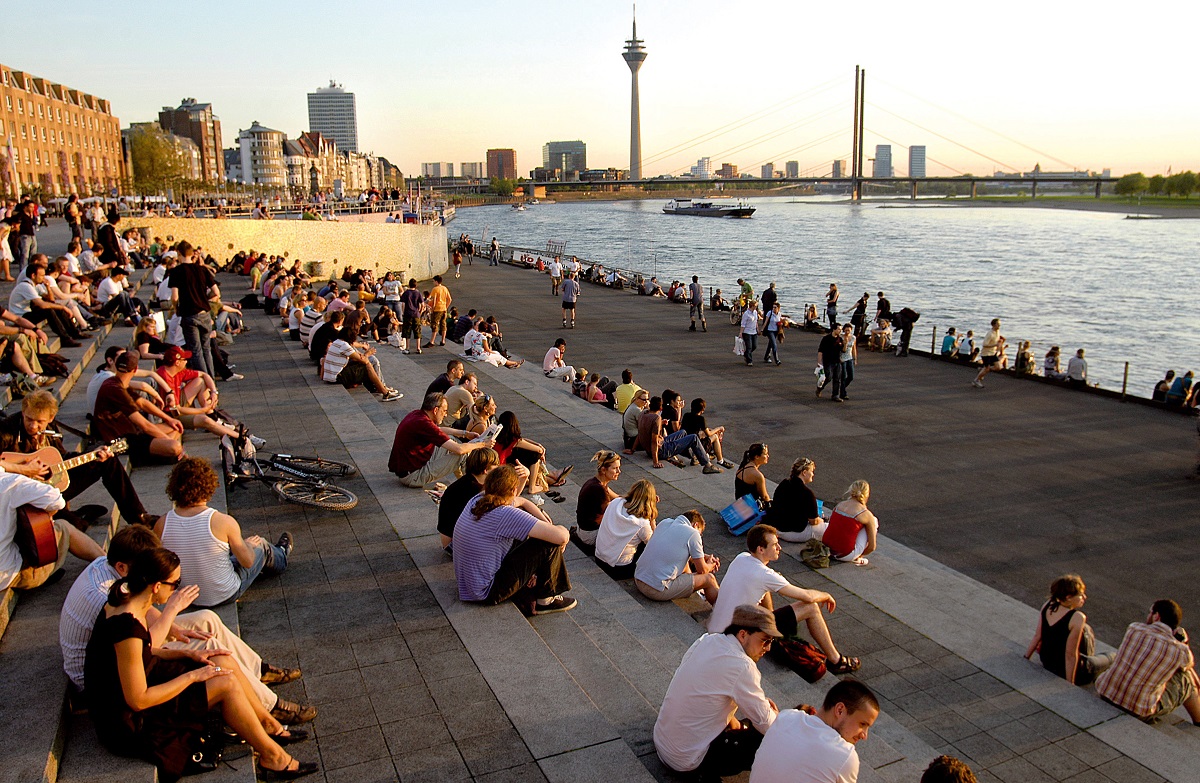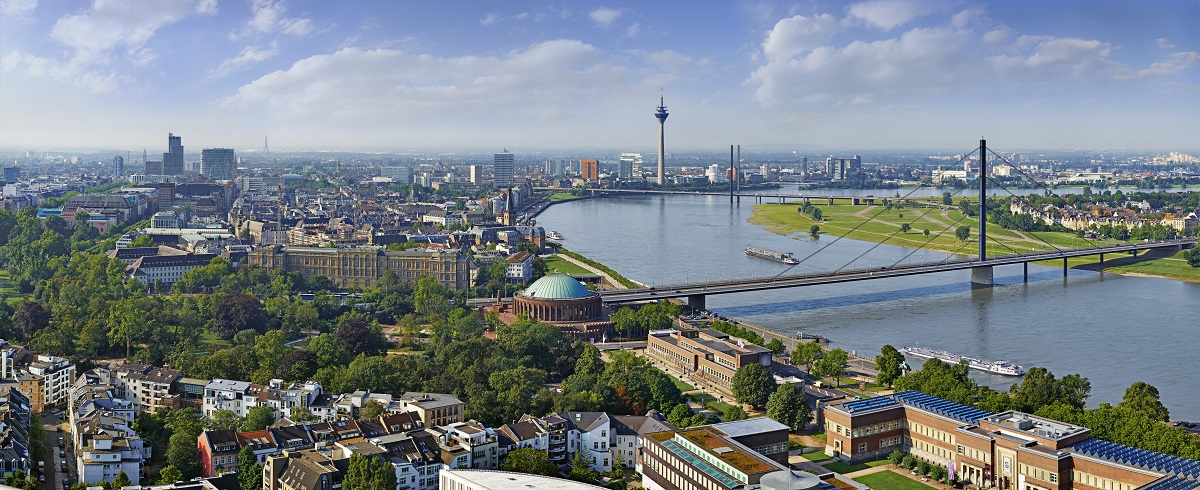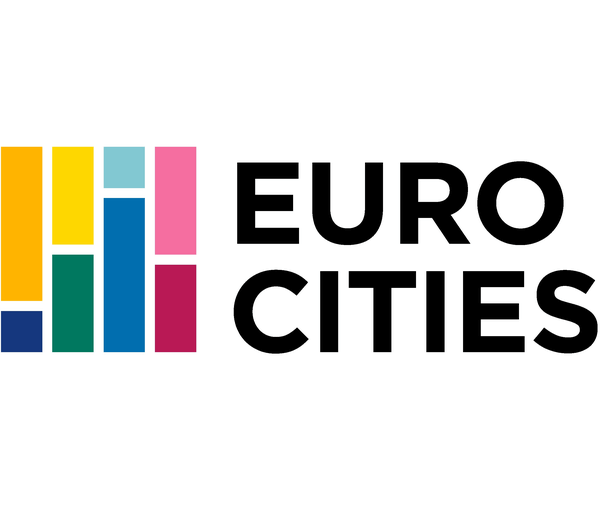The KomKuk team sees its purpose as doing what creatives and companies don’t have the time, patience or budget for. In terms of the city administration this means guiding them through bureaucracy and finding new paths if need be. It means providing contact details for the right person for getting event permits or identifying walls for graffiti artists to paint. It also means spreading the word that this is the go-to team for people who want to find a collaborator or studio, set up a project or access services such as mentoring.
Strong networks among the city’s creative, commercial and educational communities underpin everything KomKuK does. These connections enable it to continually team up with, and build bridges between, artists, event organisers, collectives, schools, venue managers, creative companies, technology start-ups and trade organisations to initiate, support or execute activities, events and platforms. The team’s relationships with property managers and developers have also helped unlock vacant real estate and open the door for interim uses. KomKuK is continuously involved as an enabler or partner in projects initiated by the creative community, ranging from festivals and lectures to concerts and conferences. These include creat|e|conomy a biannual event in cooperation with the chamber of commerce which takes participants behind the scenes of a creative hub for tours and talks to kickstart co-creation. There’s also a Start-up-Week packed with 170 events including pitches, coaching and hackathons where KomKuK actively involves creative industries. Other formats include Metamarathon, a technology festival providing 42 hours of non-stop talks, performances, films, concerts, exhibitions and workshops on artificial intelligence.
By advocating free interim use of spaces, KomKuK has enabled small studios to be made available to individuals and large, post-industrial venues to operate temporarily, ahead of renovation or demolition, as galleries, co-working studios and live music venues. One former pub has been remodelled as Café Europa, where citizens can find out about the city’s European activities over a cup of coffee. Vacant offices next door have been transformed into a popular location for cultural events for up to 200 guests, including exhibitions by art students and fashion designers and KomKuK’s own third anniversary celebrations in September this year.



